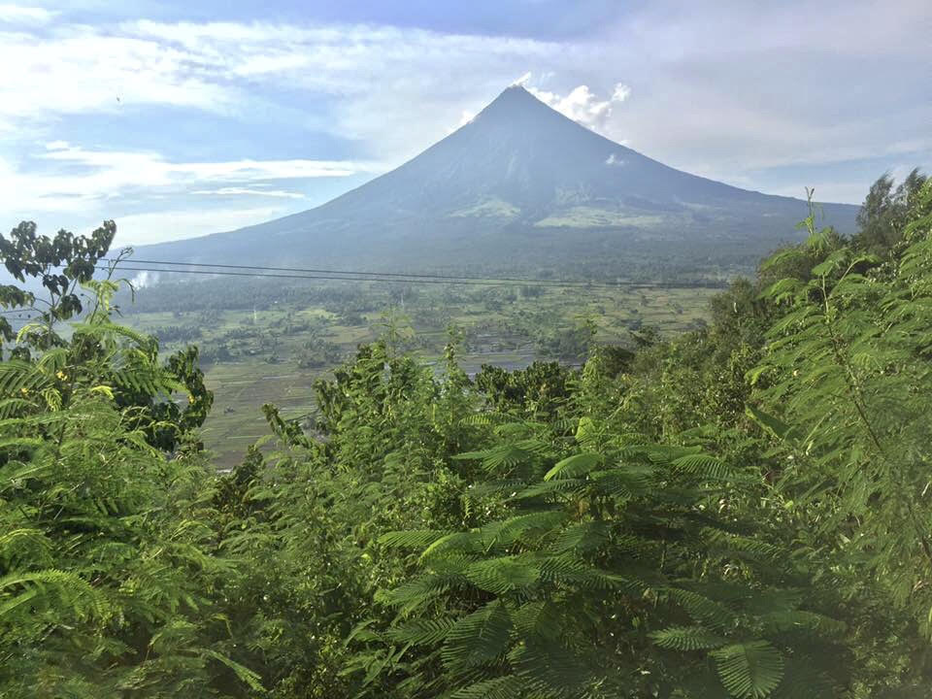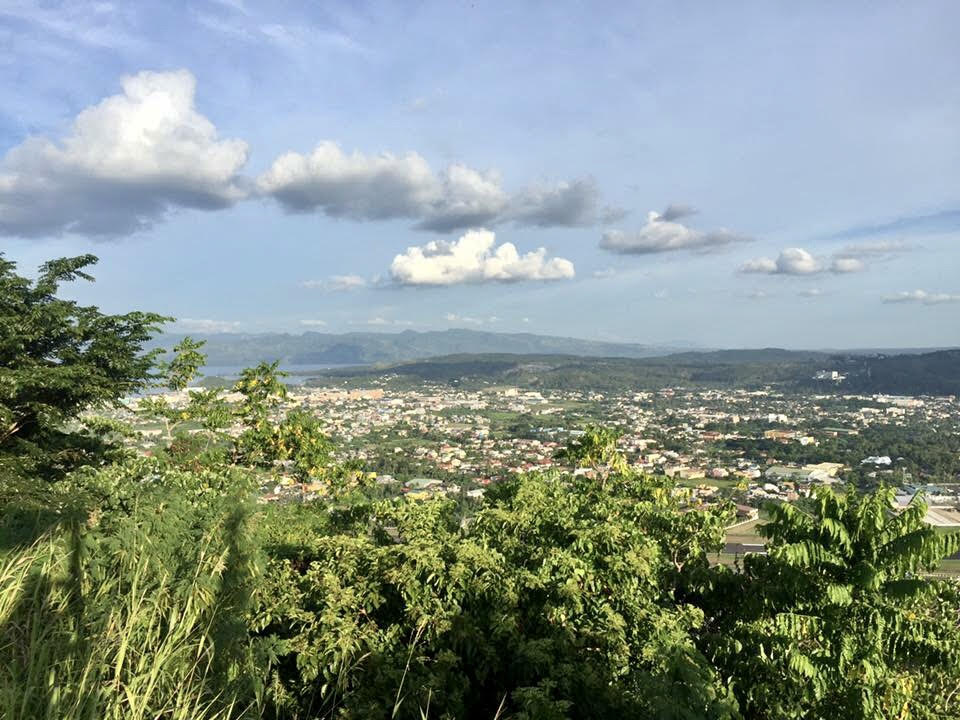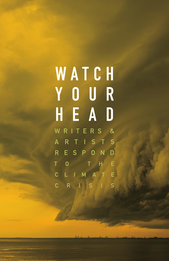|
7/19/2021 ESSAY: MARY OF THE TOWER"WHAT'S THE BEST THING I CAN DO?"
Comments are closed.
|
|
ISSN 2563-0067 © Copyright 2023 | Watch Your Head Contributors Sign up for our Newsletter Buy our print anthology Watch Your Head: Writers & Artists Respond to the Climate Crisis (Coach House Books, 2020). |


